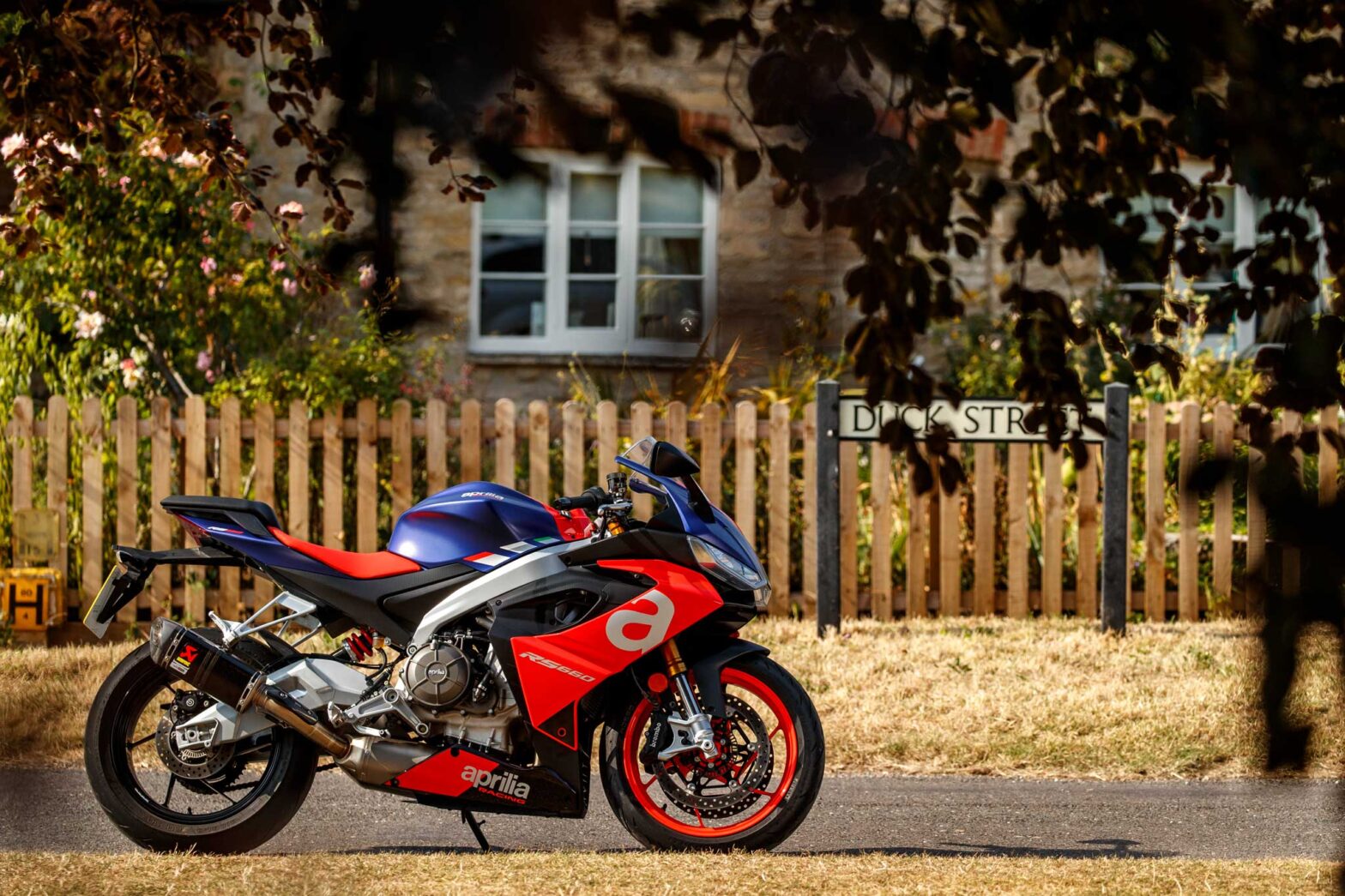If you only ride your motorbike now and again, temporary motorbike insurance could help you save money on cover. Here’s what to consider and why a short-term policy might be right for you.What is temporary motorbike insurance?
Temporary or short-term motorbike insurance covers you for a limited amount of time. Policies are usually very flexible and you can arrange cover from as little as one day, up to several weeks or months depending on the insurer and your needs.
It’s worth bearing in mind that some short-term policies (also known as pay as you go motorcycle insurance) come with limitations such as:
• Age restrictions – this includes lower and upper age limits.
• The value of your motorbike – providers will often only insure up to a certain amount.
• No modifications – your motorbike shouldn’t be modified in any way.
• Penalty points – some insurers choose not to cover riders with penalty points on their licence.
Who needs temporary motorbike insurance?
Temporary motorcycle insurance is ideal if you only need cover for a short period, for instance, if you:
• Borrow a bike from a friend.
• Test ride or collect a motorbike from a private seller.
• Ride seasonally for just a few months of the year.
• Decide to take your bike to a track day.
If you only ride your motorcycle once in a blue moon, it can be tempting to go without cover altogether, but if you do, there are serious consequences.
The penalties for riding uninsured are the same as they are for any other vehicle. That means you can be fined up to £300 and end up with six penalty points on your licence, which can make it harder to find affordable insurance later on.
If your motorcycle isn’t insured, you must formally declare it off the road with a statutory off road notification (SORN). If your motorbike is fully taxed, you’ll be refunded for any full months you haven’t used. You can apply for a SORN online at GOV.UK.

What does short-term motorbike insurance cover?
Short-term policies cover the same events as an annual policy, so you won’t be any less protected. Just as there are with annual policies, there are three levels of cover to choose from:
• Third party only (TPO) – this compensates other people for damage or injury you cause.
• Third party, fire and theft (TPFT) – as well as covering third parties, these policies will also cover your motorbike if it’s stolen or damaged by fire.
• Comprehensive insurance – this includes TPFT and will also cover costs if your bike is damaged in an accident.
Insurers usually offer a range of optional extras that you can add on to your temporary policy for a small fee, including:
• Legal expenses cover in case you need to defend yourself in court.
• Accessories cover for your helmet and leathers.
• Breakdown cover if you need roadside help.
• Courtesy motorbike if yours is being repaired after an accident or breakdown.
Can I get temporary motorcycle insurance for commercial use?
In short, yes. When you take out motorbike insurance, you’ll be asked about how you use your bike, for instance whether you ride for leisure or work. This is known as your motorbike’s class of use; there are three main categories to choose from:
• Social, domestic and pleasure – covers you if you use your motorbike for leisure, for example, running errands, visiting friends and family.
• Commuting – Commuting is the next class up, and covers everything included in Social, Domestic and Pleasure, plus driving to and from one place of work.
• Business use – you’ll need to have this class of use if your motorcycle is used for anything more than commuting in connection with your job/business (see below):
Class one business use covers everything included in commuting, plus use by the insured and/or spouse in connection with his/her business or occupation. For example driving to multiple sites of work (e.g. different offices) or using your motorbike as part of your job (e.g. visiting a bank or going on a training course) but excludes commercial travelling and/or hire and reward.
Class two business use expands class one cover to include class one cover for named drivers that are usually part of the same business as the policy holder but excludes commercial travelling and/or hire and reward.
Class three business use (commercial/hire and reward) covers people who use their car as an integral part of their job – such as taxi drivers, delivery drivers or driving instructors.
It’s vital to have the right class of use listed on your temporary motorcycle policy. If you don’t, your insurer can refuse to pay out if you make a claim.
Can I get temporary moped insurance with a provisional licence?
Generally speaking, if you’ve only got a provisional licence, you shouldn’t have any problems finding temporary cover. But bear in mind some insurers only offer temporary cover to riders aged 17 or older. So, if you’re 16 and learning to ride on a moped, you might find that your choice of policies is limited.
How much is temporary motorbike insurance?

Cost comes down to your own circumstances and insurers will take into account a range of factors, including:
• Your age – if you’re a younger motorbike rider, you can expect to pay higher than average premiums simply because inexperience means you’re more likely to be involved in an accident and make a claim.
• Your no claims bonus – the more years of no claims you have, the greater the discount on your premium.
• Your bike and its value – expensive or powerful motorcycles will attract higher premiums. This is because they’re at greater risk of theft and will also cost more to repair or replace.
• Whether you choose any extra options – adding on upgrades like accessories cover will push up your premium.
Is pay as you go motorcycle insurance cheaper?
If you don’t ride all year round, temporary motorbike insurance can work out cheaper.
Nevertheless, it’s well worth looking at both annual policies and short-term policies to compare price. That’s because although temporary policies often cost less overall, they can actually be pricier when you calculate it on a per day basis.
Should I get annual or short-term motorbike insurance?
This will really depend on what your needs are. Opting for an annual policy ensures you won’t get caught out if you end up using your motorbike for longer than you anticipated. But if you end up cancelling the policy part-way, you may have to pay a cancellation fee. Ending your policy early also means you won’t benefit from that year’s no claims bonus.
On the other hand, if you only ride in the spring and summer, seasonal motorcycle insurance is likely to be more cost effective, while still giving you the protection you need. Plus, in most cases, you’ll be able to renew your temporary policy should you want to . Although not having annual insurance would leave the bike uncovered for fire/theft and malicious damage.
What information do I need to get temporary motorbike cover?
When you search for temporary motorbike insurance, you’ll be asked a number of questions, for example, your age and address. You’ll also need to know your motorbike’s number plate and it’s handy to have your driving licence number too.
All these details can then be used to search for quotes that suit you – it’s really as simple as that. You can start your quote online or call a friendly advisor on 0330 022 7970.










